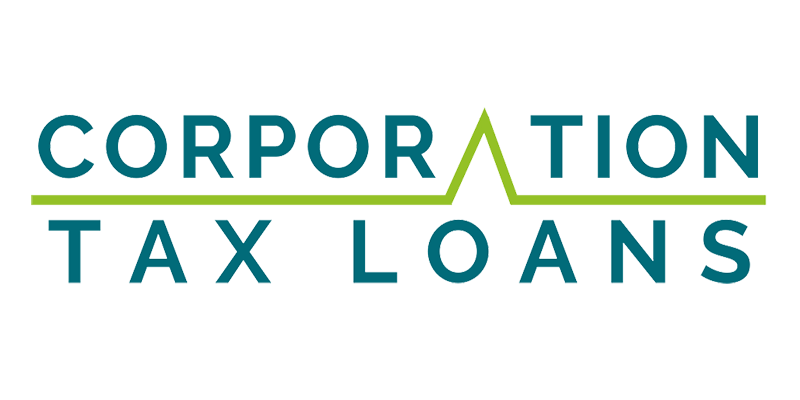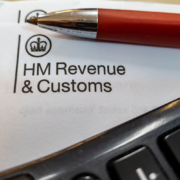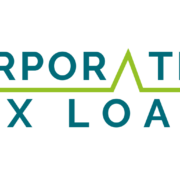Demystifying Corporation Tax Loans: A Comprehensive Guide
If you are a business owner in the UK, you know that paying corporation tax is a yearly obligation. However, due to various reasons, paying corporation tax on time might not always be possible. Missing a tax payment deadline can attract fines, penalties, and interest. To avoid such financial pressure, many UK businesses rely on corporation tax loans. In this comprehensive guide, we will be demystifying corporation tax loans, explain how they work, and offer tips on selecting a suitable loan provider.
Why Get a Corporation Tax Loan?
Corporation tax loans come in handy for businesses that are struggling to make a full or partial payment of their corporation tax on time. Late payment of corporation tax can attract hefty fines, penalties, and interest from HMRC. By getting a tax loan, a business can enjoy flexibility and avoid such costs. A corporation tax loan can also positively affect the company’s credit score by showing prompt payment of financial obligations.
The Process of Applying for a Corporation Tax Loan
Applying for a corporation tax loan is a straightforward process. Most providers offer an online application process that entails filling a straightforward form with business and tax payment details. An applicant must also provide information about their company’s financial performance – including balance sheets, bank statements, and other financial reports. On approval, funds are usually transferred within a few hours or days, depending on the lender. The application process also often involves a credit check on the company directors, and in some cases, a debenture against the business assets.
How to Choose a Corporation Tax Loan Provider
When selecting a corporation tax loan provider, it’s essential to research and compare different providers to determine the most suitable lender to meet your business needs. Factors to consider include loan terms, interest rates, repayment periods, and application criteria. You should also consider the lender’s reputation and customer reviews to gauge their level of customer service and experience.
Corporation tax loans can be an excellent option for businesses that are struggling to pay their corporation taxes on time or have cash flow problems. A corporation tax loan can save a business from incurring fines, penalties, and interest from HMRC, hence avoiding extra financial pressure. If you need a corporation tax loan, take your time to research, evaluate, and compare different lenders before selecting the most appropriate provider. Ensure you understand the loan terms and repayment conditions before committing to a loan. If you would like more information on this comprehensive guide, where we have been demystifying corporation tax loans, please contact us.











